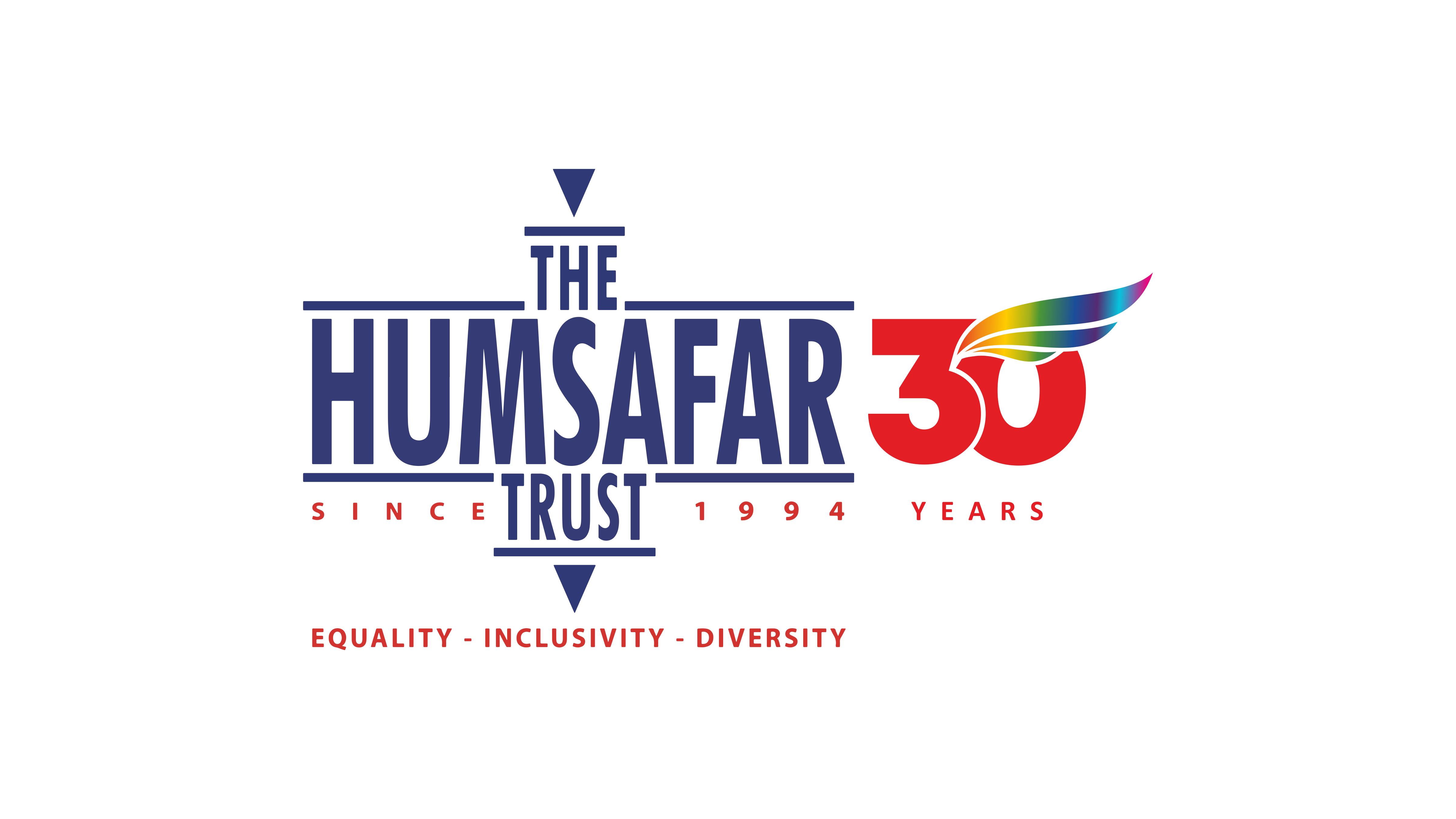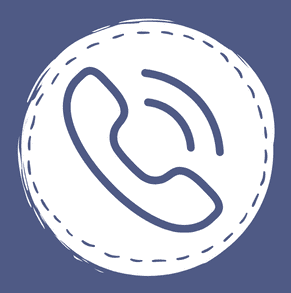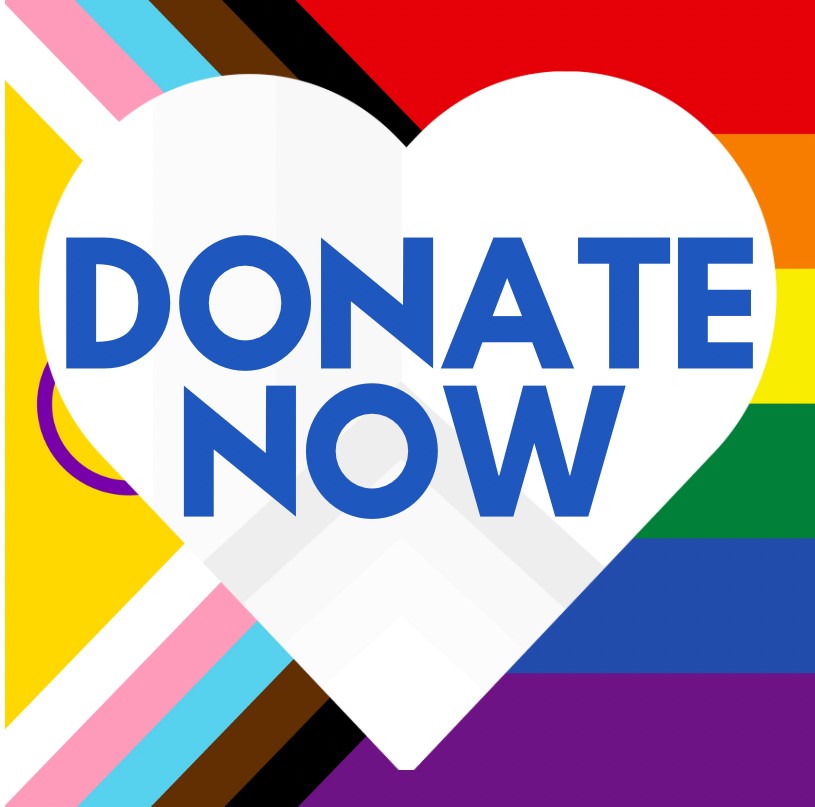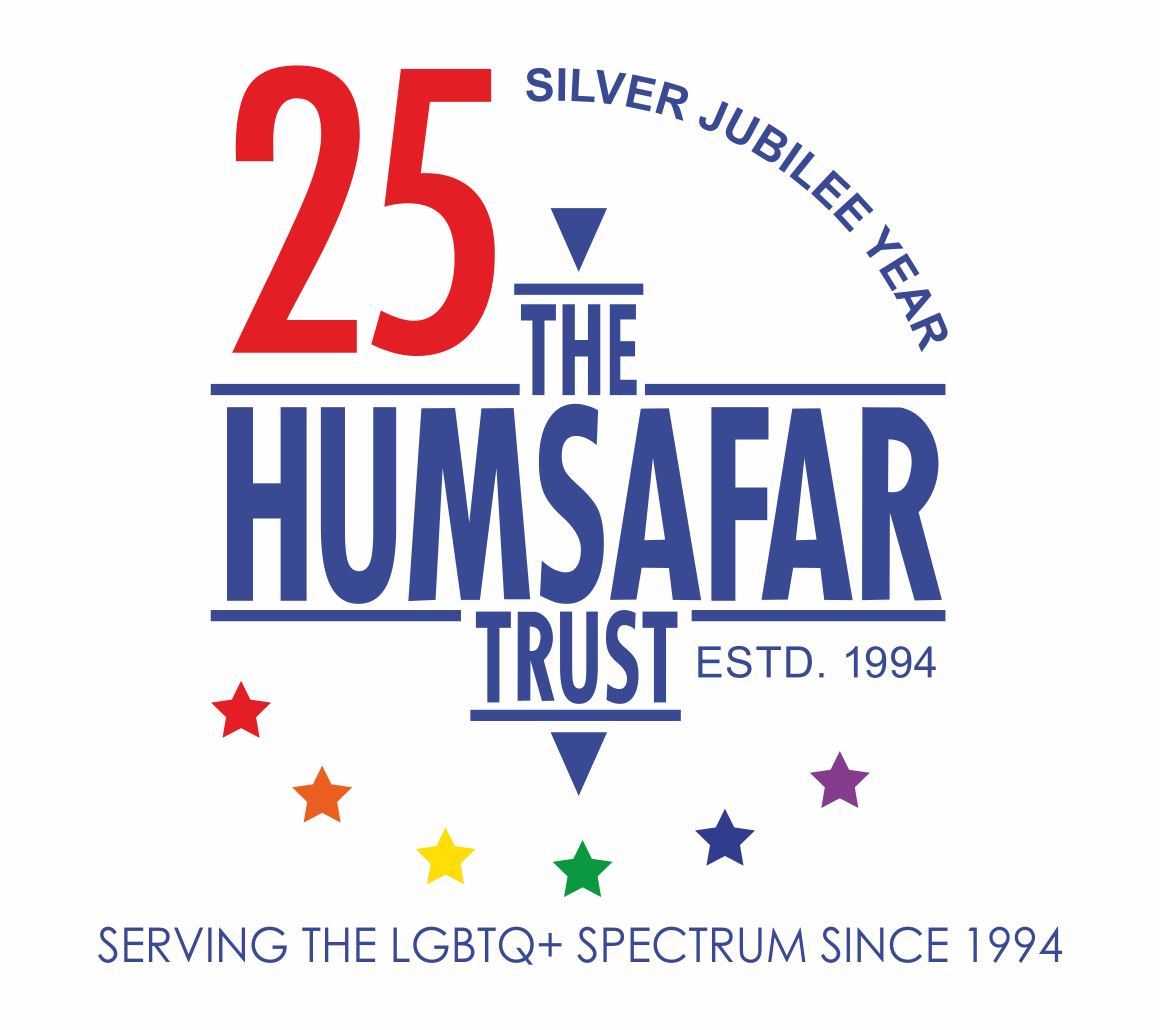The Humsafar Trust (HST), India's first Community-Based Organisation for LGBTQ+ people, was founded in 1994 by a small group of three self-identified gay men in Mumbai. The Humsafar Trust has been working on LGBTQ+ health and well-being for more than 30 years. The Trust started by welcoming self-identified gay and lesbian individuals and trangsender and Hijra persons to its programmes on Fridays at its drop-in center. Numerous workshops on health and well-being were held at the drop-in center, and it soon became evident that the trust would need to work hard to protect the community's interests.
The HIV interventions of The Humsafar Trust are supported by National AIDS Control Organization (NACO) and Mumbai District AIDS Control Society (MDACS), to provide health services to Men who have sex with Men and Transgender communities every year through public and private health care delivery systems and its In-house clinics.
Total beneficiaries
Condoms distributed
HIV tests and treatments
STIs screened and treated
Virtual beneficiaries
The Humsafar Trust works with public health care delivery systems in Mumbai that include LTMG, BYL Nair Charitable. KEM, and Sir JJ Group of Hospitals. The In-house clinic remains open five days a week with three qualified Doctors and two Lab Technicians. A clinical psychologist works full-time along with a team of 4 community counsellors and 2 health facilitators and a nutritionist working on the program providing nutritional counselling assistance.
The research wing of the trust is registered with the National Institute of Health (NIH) and has a Federal Wide Assurance Certificate, Washington DC, USA. Embedded in strong ethical and social values the trust is governed by a strategic plan which is reviewed every three years that defines its core values. The Humsafar Trust is governed by over 50 policies and manuals that strengthen its governance and management principles. The trust’s human resource policy provides a minimum of 20 percent job opportunities for HIV-positive key and vulnerable populations. The Humsafar Trust engages in policy advocacy with health care providers, law enforcement agencies, judiciary, legislators, politicians and political parties, government bodies, media, and student communities to sensitize them on the issues of LGBTQ+ communities.
The Humsafar Trust has nurtured support groups - YAARIYAN for young LGBTQ+ individuals, UMANG for LBT persons, and SANJEEVANI for persons living with HIV. The Humsafar Trust also provides legal support, crisis management, mental health, and nutrition counselling to its communities.
On 6, September 2018 the Supreme Court (SC) of India delivered a historic judgment on Section 377 and decriminalized consensual sex between consenting adults. In its decision, the Court observed that “a person’s sexual orientation is intrinsic to their being” and society cannot dictate the expression of sexuality between consenting adults. The judgment is a victory for the Indian LGBTQ+ communities and this remarkable judgment can be used to fight for equality and civil rights as accorded to every Indian citizen in its constitution.
The petition had claimed that section 377 of the Indian Penal Code deprived LGBTQ+ persons of equality before the law, freedom of expression, personal autonomy, and right to dignity in direct violation of Articles 14, 15, 19, and 21 of the Constitution of India. The petition had urged the apex court to restrain the authorities from enforcing Section 377 concerning consensual, sexual conduct between adults in private.
Section 377 of IPC used to harass, extort and blackmail
- Between 2016–2018, Humsafar Trust’s crisis response team attended 83 crisis cases in Mumbai. Of these 83, 6 cases involved an adult, homosexual male being blackmailed by the police under the fear of Section 377, IPC. In 12 cases, adult, homosexual males were threatened with a false accusation under Section 377, IPC, and victims of extortion by ordinary persons, sometimes up to Rs. 1,00,000/-.
- An online survey conducted by Humsafar Trust involving gay men and transgender persons revealed that around 57% had been subject to the fear and misuse of law under Section 377, IPC at least once in their lifetime in varying degrees, with 37% having experienced victimization within the last 12 months at the time of the survey.
- Crisis data reports by Humsafar Trust found 52 independent instances where LGBTQ+ persons have faced harassment and discrimination in workplace and healthcare settings because of their identity but none of these individuals sought or could seek legal recourse.
- In 2016, Humsafar Trust undertook a study titled “Understanding the Impact of the Supreme Court judgment on Section 377 on LGBTQ+ Communities”. The results show that 2 in 5 LGBTQ+ persons face blackmail or know someone who has been a victim of blackmail since the Supreme Court’s decision to recriminalize homosexuality.
- In 2017 Humsafar Trust conducted a study on the Transgender community in three cities (Mumbai, Delhi, and Bangalore) and found study 59 percent of Transwomen experienced violence.
- Section 377 affected lesbian, bisexual women, and trans persons (transmen in particular) as well. It is used to harass lesbian couples and as an impediment to lesbian relationships. There have been numerous reports of lesbian couples being harassed/ dissuaded from staying together using Section 377. Between 2017 and 2018, The Humsafar Trust, through its LBT support group - Umang, handled 4 cases of lesbian couples facing harassment from police and their families for wanting to be in a same-sex relationship.
The Humsafar Trust has evolved a model of training community people and has a second-rank leadership in place that manages targeted interventions, research, advocacy and capacity manages targeted interventions, research, advocacy, and capacity-building programs. Humsafar Trust works with some of the best names in the development field as consultants who have a clear understanding of issues of sexuality and have been contributing to the progress of the organization. Humsafar Trust has sound financial systems in place and manages funding support of around 100 million rupees through a broad base of agencies. Humsafar Trust continues to seek support from within the community to raise funds for areas that remain unfunded and 2% of its funding support comes from within the community.
The Humsafar Trust has convinced government policymakers of the importance of reaching MSM and Hijras through Research and Sustained Advocacy. The Trust’s first achievement is The Trust’s first achievement is its very survival and after several years of slow and painful progress, it has moved from strength to strength. Humsafar Trust has succeeded in bringing safer sexual behavior. The prevalence of HIV among MSM at baseline in 1999-2000 was 13.5% and as per the NACO national surveillance data 2012, it stood at 9.3%. Humsafar Trust is a sentinel surveillance site for NACO. The Government policymakers until a few years ago were unaware of a large number of MSM and Hijras and the extent to which they are at risk of both contracting and transmitting HIV and other STIs. Through its research and sustained advocacy work.
The Humsafar Trust offers training to its office staff and outreach workers. These are reinforced by regular workshops to upgrade staff knowledge and skills, combined with on-job support and supervision. Humsafar Trust has created a model of intervention, care and support, and treatment for the MSM and Hijra community that can be easily replicated. Humsafar Trust HR Policy of the organization provides a minimum of 20% job opportunities or HIV positive MSM and Hijras. Humsafar Trust has been documented by USAID AIDSTAR One project in 2009 and has become the first community-based organization to set up its own IRB (Institutional Review Board), an ethic review committee that has been registered with NIH and awarded the Federal Wide Acceptance (FWA) certificate.
The Humsafar Trust has its core competence in networking strongly with MTH groups through INFOSEM and organizing community, providing capacity building for setting up and management of TIs. Humsafar Trust has expertise in the syndromic management of STIs for MSM and Hijras. Humsafar Trust has strong linkages with the five ART centres of Mumbai and has long experience in setting up and managing referral systems in public health care settings. Humsafar Trust has developed sound management information systems to gather quality data on interventions.
The Humsafar Trust has competent and qualified staff that includes the Chair, CEO, Directors (Health, Research, Capacity Building, and Advocacy), Consultants, Clinic and counselling teams, Research teams, Finance, and an excellent team of outreach workers and peer educators. This team of 200 plus individuals working on 16 projects have years of experience and expertise to deliver high-quality projects and strive for excellence in service delivery to its communities.
Community-Based Link ART Centre: The Humsafar Trust (Humsafar Trust), a community-based organization, has set up India’s first integrated Community-Based HIV treatment (Link Anti-Retroviral Therapy centre) and holistic LGBTQ+ clinic in Santa Cruz (East), Mumbai. The community-based link Anti-Retroviral Therapy centre is a pilot differentiated care project supported by the Government of India (GOI) that aims to further facilitate the uptake of treatment and care among communities who are marginalized and continue to face stigma and discrimination. The link ART centre is facilitating access to treatment and care among most at-risk communities including the Transgender community, MSM, and Female Sex-Workers. This Centre is providing free HIV medications provided by National AIDS Control Organization (NACO).








